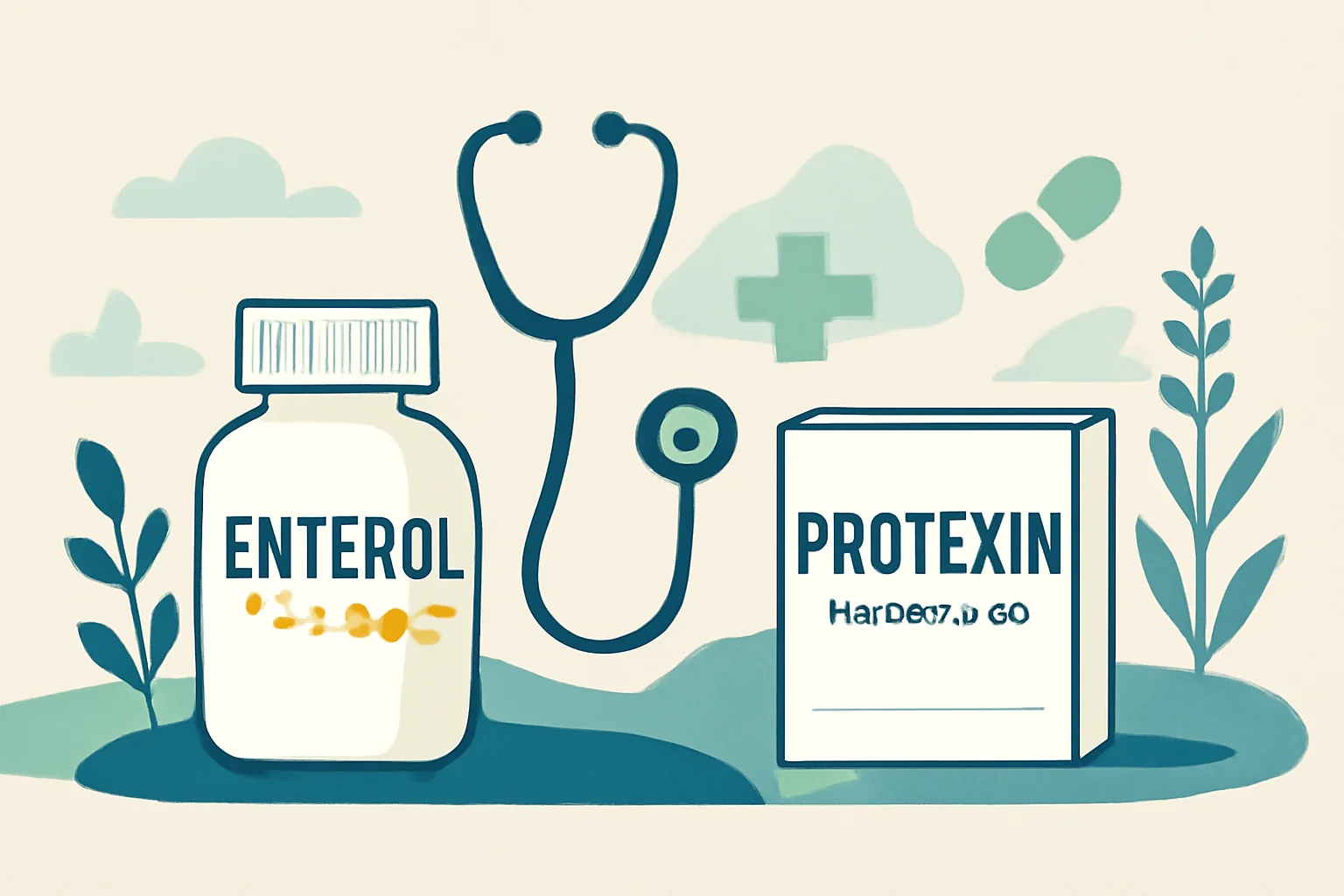
The Beneficial Effects of Swiss Chard on Our Health and Nutrition
The chard, this wonderful vegetable, is becoming increasingly popular in nutritional trends, and for good reason. It is packed with nutrients, vitamins, and minerals that have a beneficial effect on our health. Chard is not only delicious and versatile, but also an excellent nutritional choice that can be easily incorporated into our daily diet.
Chard, which belongs to the beet family, is rich in chlorophyll, antioxidants, and various vitamins such as A, C, and K. Additionally, it contains plenty of minerals like magnesium, potassium, and iron, all of which play important roles in the proper functioning of the body. Chard is attractive not only for its nutrient content but also for its low calorie count, making it an ideal choice for those who want to monitor their calorie intake.
Among vegetables, chard holds a special place as it serves not only to diversify our diet but also comes with numerous health benefits. It can be used in salads, stews, soups, or even as a side dish, allowing for various ways to incorporate it into our diet. Below, we will detail why it is worth choosing chard and what beneficial effects it has on our health.
The Nutritional Profile of Chard
The nutritional profile of chard is outstanding, which can be particularly important in conscious eating. The vitamins and minerals it contains have a multifaceted impact on the body. Chard is rich in vitamin A, which contributes to eye health, skin condition, and the proper functioning of the immune system. Vitamin C also plays a significant role in boosting immunity and collagen production, which is essential for maintaining skin elasticity.
Vitamin K, which is also abundantly found in chard, plays a crucial role in blood clotting and bone health. Furthermore, chard is rich in minerals such as magnesium and potassium, which help the cardiovascular system function properly.
The fiber content is also notable, so consuming chard can contribute to improved digestion and the maintenance of a healthy gut flora. Fiber aids in bowel movements, reduces the risk of constipation, and contributes to a feeling of fullness, making chard an ideal choice for those on a diet.
Chard is low in calories, making it not only nutritious but also easily incorporated into a weight-loss plan. Its water and fiber content can help maintain hydration, which is also important for overall well-being.
The Beneficial Effects of Chard on the Cardiovascular System
One of the most important benefits of consuming chard is its support for cardiovascular health. The potassium it contains helps regulate blood pressure, as this mineral relaxes blood vessels, thereby reducing blood pressure and contributing to the maintenance of heart health.
The antioxidant content of chard, particularly flavonoids and polyphenols, provides protection against heart diseases. These compounds help reduce inflammation in the body and prevent cholesterol oxidation, which can contribute to the prevention of atherosclerosis.
Additionally, the magnesium found in chard also plays an important role in the proper functioning of the heart muscle. Magnesium helps maintain heart rhythm and reduces the risk of heart attacks.
Research suggests that the regular consumption of vegetables, including chard, is associated with a lower incidence of cardiovascular diseases. Chard can be a delicious and nutritious choice as part of a heart-healthy diet, making it worthwhile to incorporate into our daily nutrition.
The Effect of Chard on Bone Health
To maintain bone health, adequate nutrient intake is essential, and chard can assist with this. Particularly, vitamin K, which is abundantly found in chard, plays a central role in maintaining bone health. Vitamin K helps saturate bones with minerals, contributing to their strength and density.
Other minerals found in chard, such as calcium and magnesium, are also essential for bone health. Calcium is a fundamental building block for bones and teeth, while magnesium plays a role in the absorption and utilization of calcium.
Moreover, the antioxidant properties of chard can help reduce inflammation, which also contributes to the maintenance of bone health. Reducing inflammatory processes can help lower the risk of osteoporosis and other bone diseases.
By regularly consuming chard, we can not only diversify our nutrition but also support our bone health. Incorporating chard into our diet can be particularly important as we age, when bone health requires special attention.
How to Prepare Chard?
The versatility of chard allows it to be prepared in many ways. Common methods include steaming, boiling, baking, and consuming it raw. When steamed or boiled, chard retains some of its nutrients and develops a pleasant flavor.
Chard leaves can be easily steamed with a little olive oil and garlic, making a tasty side dish for meats or fish. Additionally, it is an excellent choice in salads, as its fresh and crunchy texture complements other vegetables beautifully.
When baked, the flavor of chard becomes even more intense. For example, it works well as a base for quiches or layered dishes. After blanching, mixing it into dough provides a special taste experience.
Chard leaves can also be used in smoothies, allowing for easy nutrient intake without the vegetable’s flavor being too dominant. Additionally, the stems of chard are worth using as they are also full of nutrients. They hold up well in stews and soups, enriching our meals.
Thus, chard is not only a healthy vegetable but also one that can be used in a variety of ways, making it worth incorporating into our daily diet.
**Warning:** This article does not constitute medical advice. Always consult your doctor or a qualified healthcare professional for health issues.

